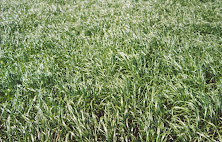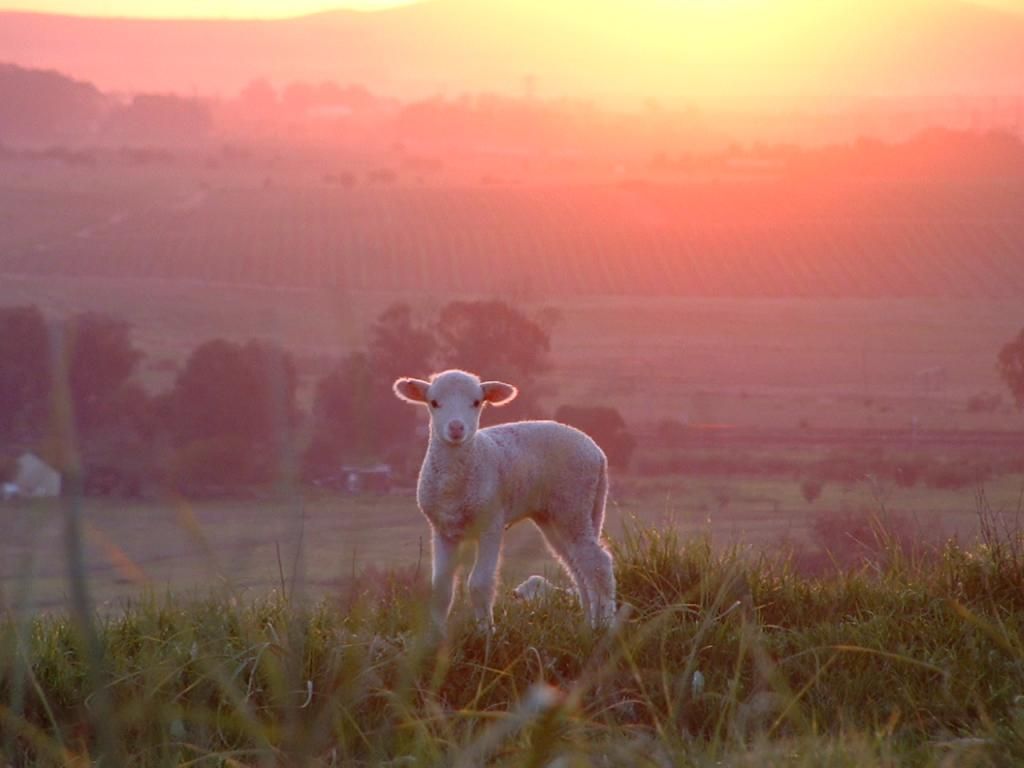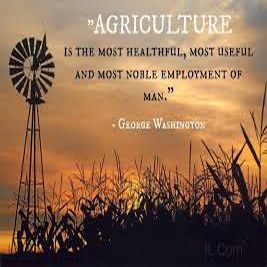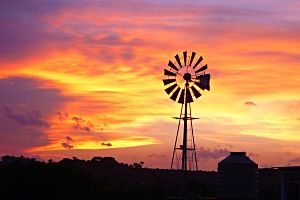The
recent death of vultures, Blue Cranes, Brown Hyenas and other wildlife due to
illegal poisoning should be a wake-up call for South African conservation
authorities, law enforcement agencies and conservationists. While rhinos faced a
grave poaching threat, other equally important wildlife species, especially
scavengers and predators are at risk of joining rhinos on the route of steep
decline if the current spate of illegal poisoning continues.
The death of sixty-six vultures in the Lowveld was
confirmed by toxicological analysis as a poisoning case; at least one carbamate
pesticide was detected in the analysis. More recent incidents in which
ungulates were snared and their carcasses poisoned to kill vultures for
traditional medicine are just the tip of the iceberg. In 2012 mass poisoning of
Blue Cranes occurred in the Karoo. This is yet, unresolved.
Recently farmers
reported that at least sixteen Brown Hyenas died probably as a result of
poisoning in the Limpopo Province, and earlier this year Black-Backed Jackals
were deliberately poisoned in the Addo Elephant National Park. Poisoned baits
aimed at rhinos are often found in the Kruger National Park and Associated
Private Nature Reserves. Fortunately, no rhinos have been poisoned to date in
this important conservation area. Unfortunately many of the wildlife poisoning
incidents become “cold cases” as the culprits are never found.
Deliberate poisoning of wildlife is definitely on the increase.
Some of the poisonings are committed by poachers who kill wildlife for
traditional medicine; vultures are mostly targeted for their heads that are
used in divination. Lions have also allegedly been poisoned for their bones as
part of the lion bone trade that services the Far East. Elephants have been
poisoned in Zimbabwe to obtain their ivory, probably also for the lucrative
illegal ivory trade in the Far East.
What is of grave concern is the illegal use of pesticides and
other poisons such as sodiummonofluoroacetate by livestock and wildlife owners
to kill predators. Despite a concerted effort by the livestock industry driven
Predation Management Forum (PMF) to offer farmers alternatives to poisoning
predators, some individuals do not heed to warnings to refrain from illegal use
of pesticides and poisons. Provincial conservation agencies have warned that
the liberal distribution and use of sodiummonofluoroacetate (also known as
Compound 1080) is illegal, and should any retailer or landowner be found in
possession of it, they will be prosecuted. There is reason to believe that
vultures in the Eastern Cape and the sixteen Brown Hyenas in Limpopo were
poisoned with Compound 1080; further investigations are geared to identify the
particular toxins that were used to kill these animals.
State departments are at a loss for funds to conduct toxicological
analysis and often request the Griffon Poison Information Centre to fund such
analyses. Villa Crop Protection, one of the largest agricultural remedy
suppliers in the country supports the center with financial backing to conduct
toxicological analysis. Villa MD, Dr André Schreuder says, “Illegal poisoning
of wildlife is a huge risk not only to South Africa’s natural environment, but
also to agriculture.
Many of our important products are deliberately misused to
poison animals. It creates a negative perception of agricultural remedies if
criminals misuse them to poison wildlife. Villa is determined to undermine
individuals who poison wildlife illegally by supporting investigations into
their crimes”. Tommy Fraser, a director of Villa Crop Protection, game farmer
and conservationist believes that a concerted effort is required from
conservationists, farmers and law enforcement agencies to stem the poisoning of
wildlife: “poisoning is like a death warrant to all life forms. It hits far
beyond the scope of the intended target. If nothing is done, we may not see our
rare birds like vultures fly into the 22nd
Century”.
Livestock owners that experience stock losses due to predation are
likely to consider poison as a remedy. Only the poison collar is legal and only
after a permit is obtained from the conservation authorities. It is well known
that aldicarb, carbofuran, methomyl and Compound 1080 are illegally used to
poison predators. The results are devastating and over the past two years many
vultures have perished at the hands of those who lay out poisoned baits.
The Griffon Poison Information Centre endeavors to rid the country
of illegal poisoning. Its supporters, many of which are farmers, are gathering
intelligence on those individuals who illegally poison wildlife. On the other
hand it is offering a hand of assistance via the Predation Management
Forum to mitigate predation. Information and assistance from www.pmfsa.co.za.
Any information about illegal wildlife poisoning maybe called into
082-446-8946 or nesher@tiscali.co.za.
For more information, call Dr Gerhard Verdoorn on 082-446-8946
 Vultures in Africa are decreasing at
an alarming rate with multiple threats causing a steep decline in their
numbers. One of these being the negative impact the Eskom grid has on the
survival of the vultures. Cape Vultures are classified as regionally endangered
and globally vulnerable with under 4000 breeding pairs left.
Vultures in Africa are decreasing at
an alarming rate with multiple threats causing a steep decline in their
numbers. One of these being the negative impact the Eskom grid has on the
survival of the vultures. Cape Vultures are classified as regionally endangered
and globally vulnerable with under 4000 breeding pairs left.  The recent discovery of another four
Cape
The recent discovery of another four
Cape 


























